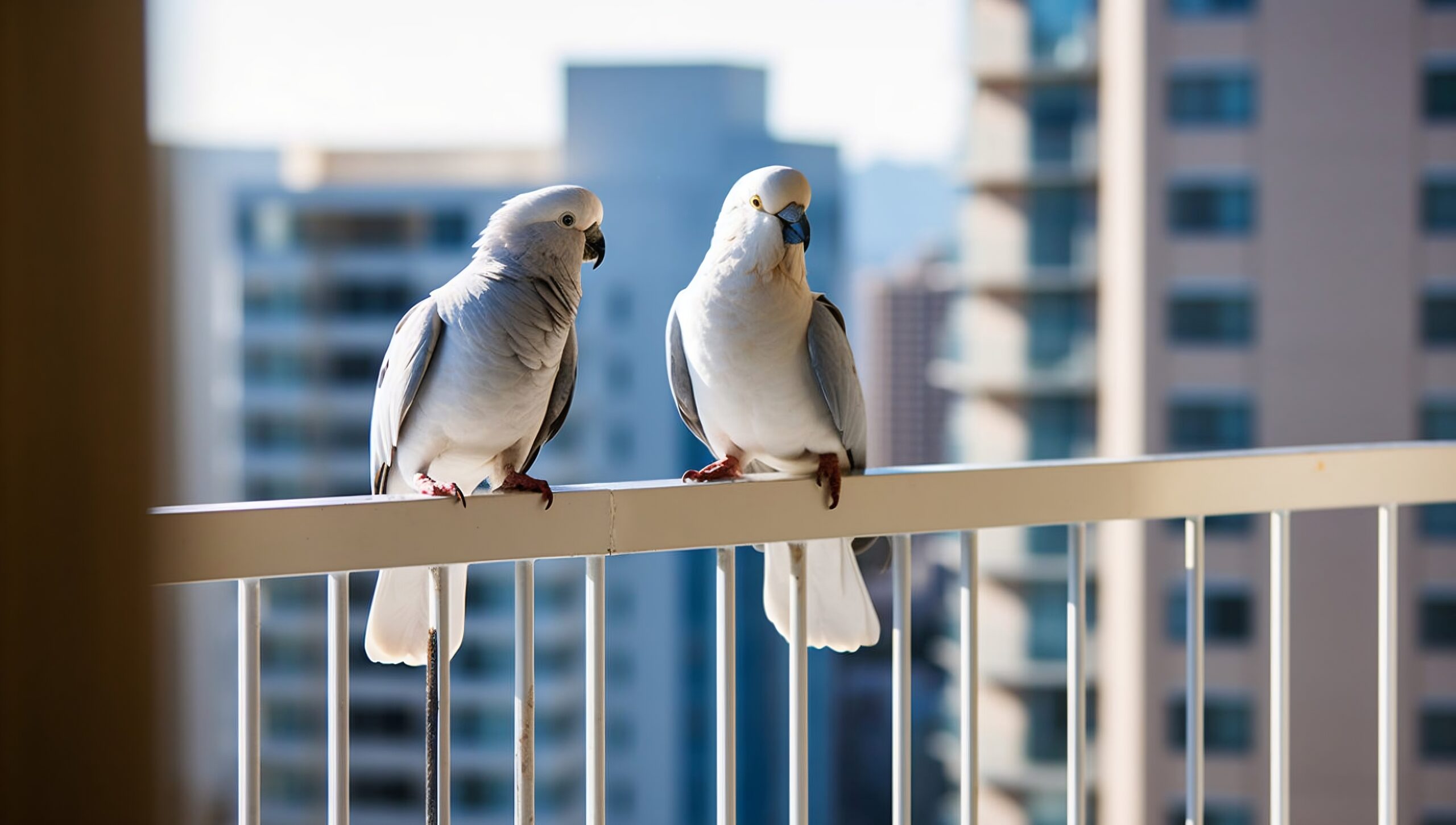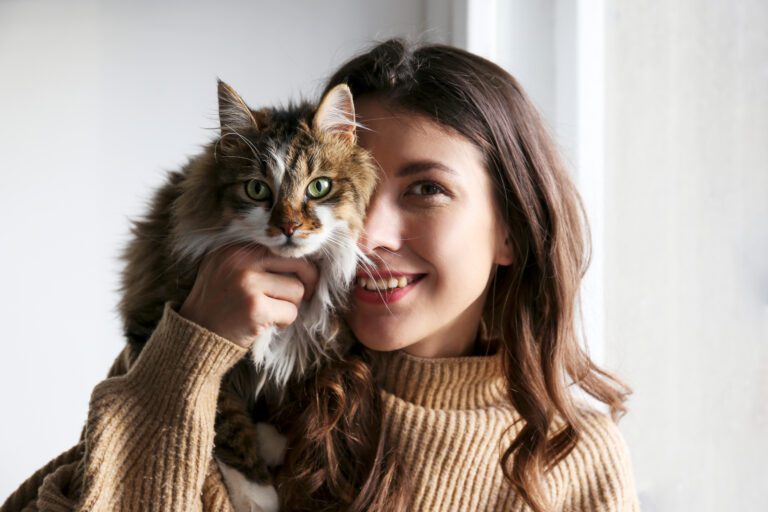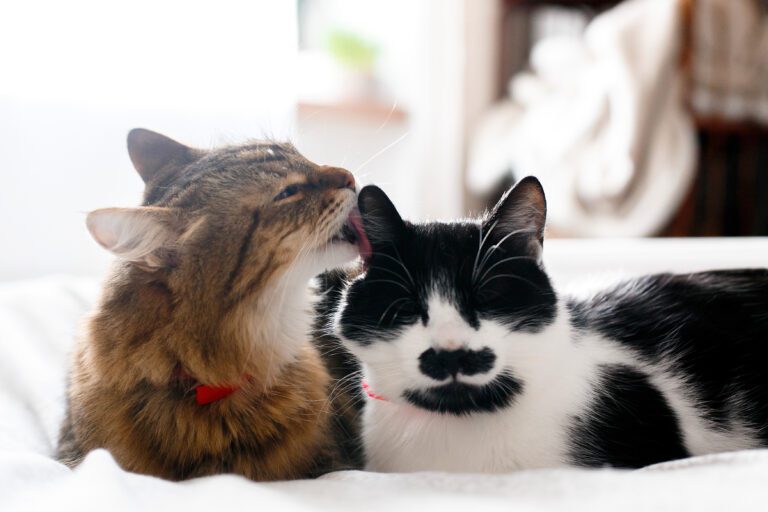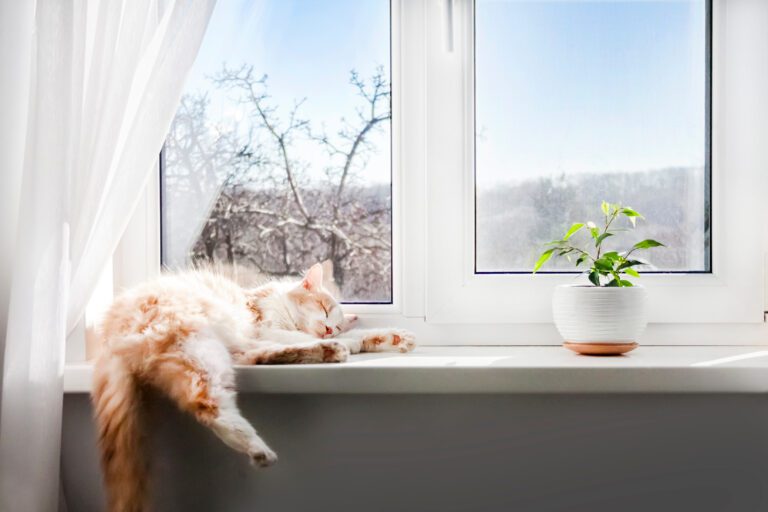Allowing a pet bird to fly freely outside can be a complex decision that requires careful consideration of various factors. While birds may enjoy the freedom of flight and exploring their natural instincts, there are inherent risks associated with outdoor exposure and letting your bird fly freely. Here are some points to consider:
Predators
Birds are susceptible to attacks from predators such as cats, dogs, and other larger birds. Even if you supervise your bird, it may be challenging to protect them from all potential threats.
Escape
There is always a risk that a bird may fly away and become lost. Birds have a strong homing instinct and can travel long distances. Once lost, it may be challenging to locate and retrieve them.
Environmental Hazards
If you let your pet bird fly outdoors, you might be exposing them to various environmental hazards such as extreme weather conditions, pollution, toxins, or infectious diseases carried by wild birds.
Flight Skills and Orientation
Some pet birds, especially those raised in captivity, may lack the necessary flight skills or orientation to navigate safely in outdoor environments. They might become disoriented or struggle to find their way back.
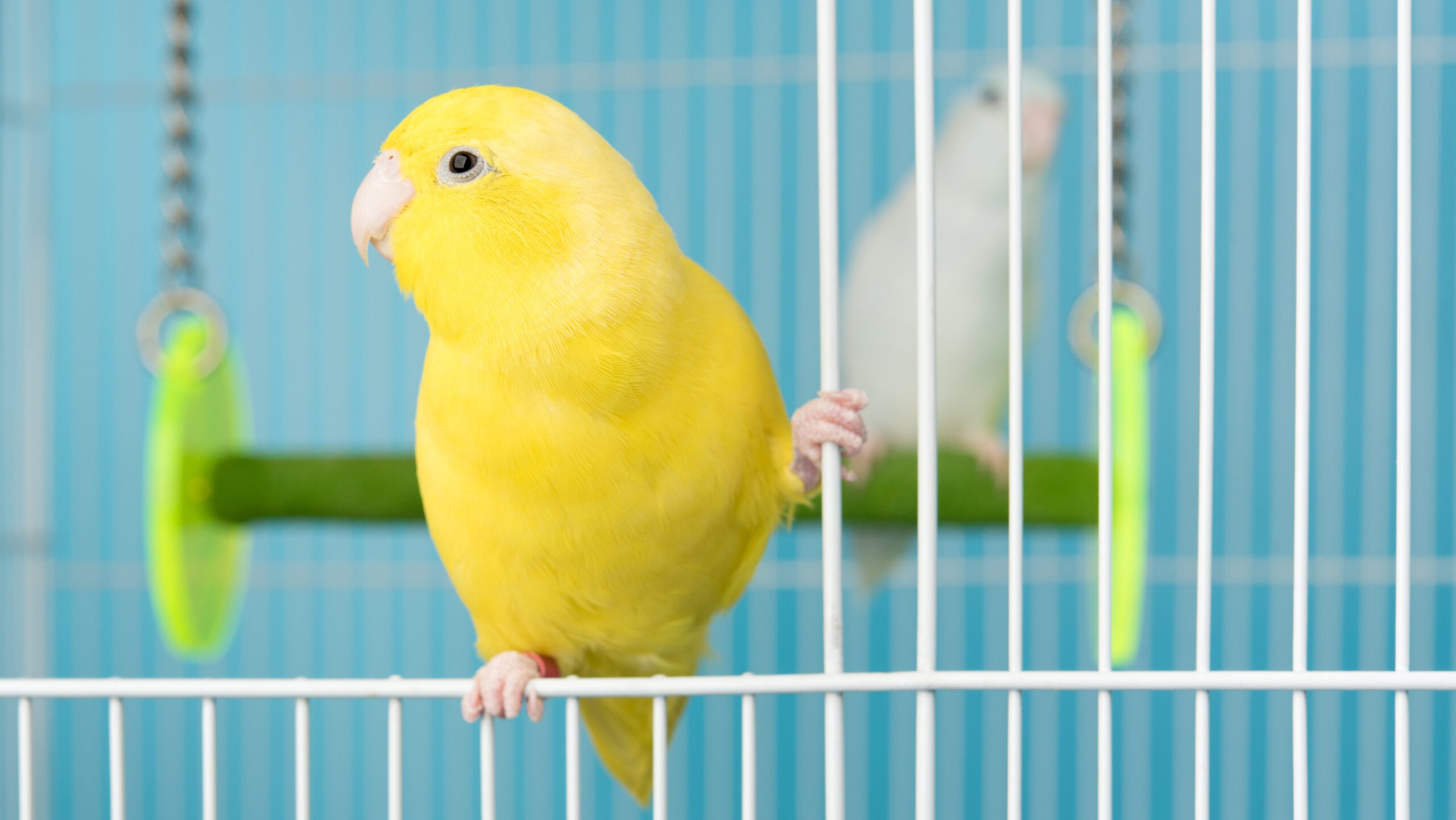
It’s crucial to take precautions to minimize risks:
- Supervision: Always supervise your bird closely when they are outside. Maintain a constant watch to prevent accidents and quickly respond to potential dangers.
- Training and recall: Ensure that your bird is well-trained and reliably responds to recall commands. This will help you call them back in case of any emergencies.
- Secure surroundings: Create a safe and enclosed outdoor space, such as an aviary or a bird-safe enclosure, to provide your bird with some freedom while minimizing risks.
- Health considerations: Ensure your bird is in good health and up to date on vaccinations. Consult with an avian veterinarian to ensure your bird is physically prepared for outdoor exposure.
Remember, each bird is unique, and some species are better suited for outdoor activities than others. It’s essential to consider the individual needs, characteristics, and limitations of your specific bird when making a decision. Consulting with an avian veterinarian or an experienced bird behaviorist can provide valuable guidance tailored to your pet bird’s well-being.



